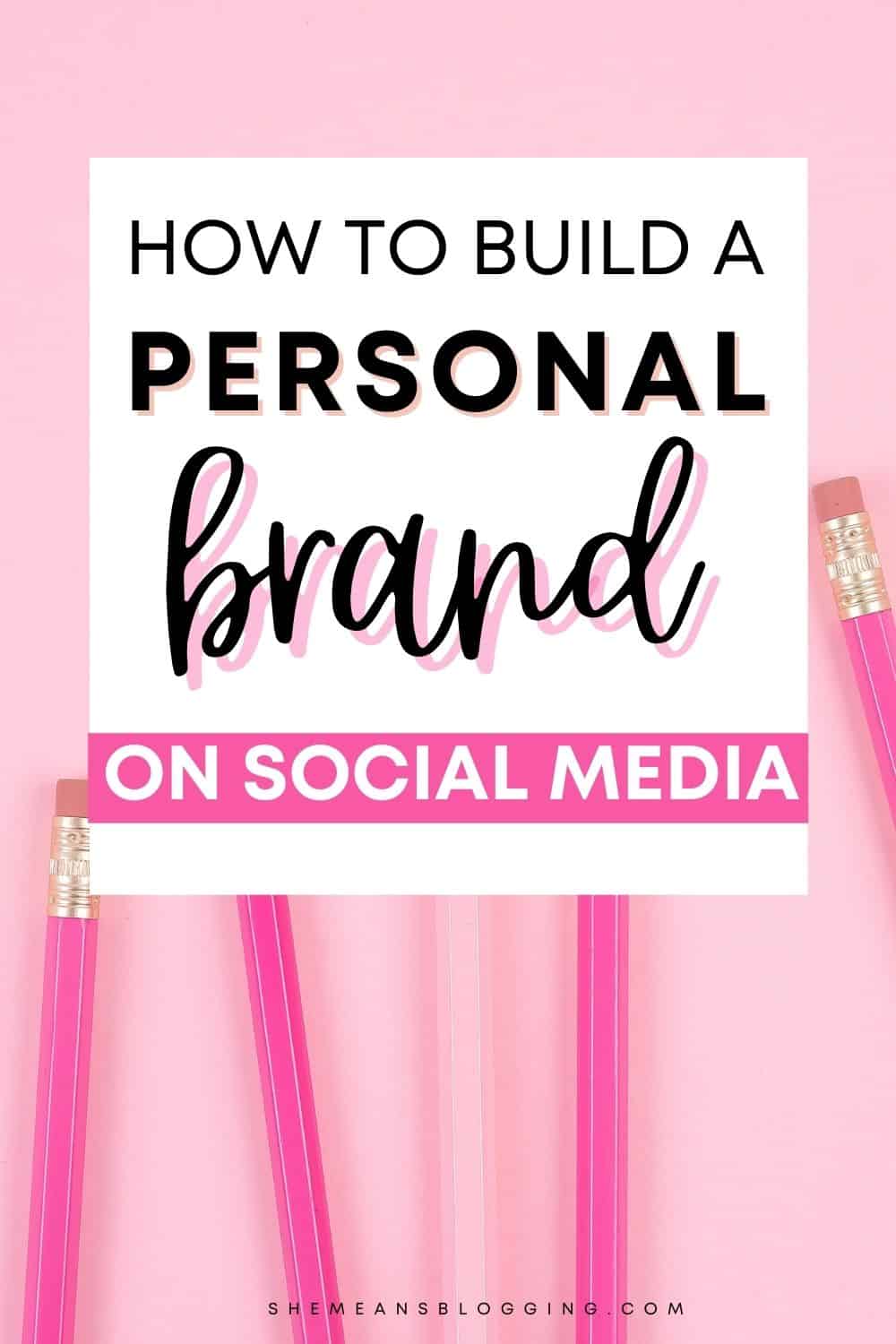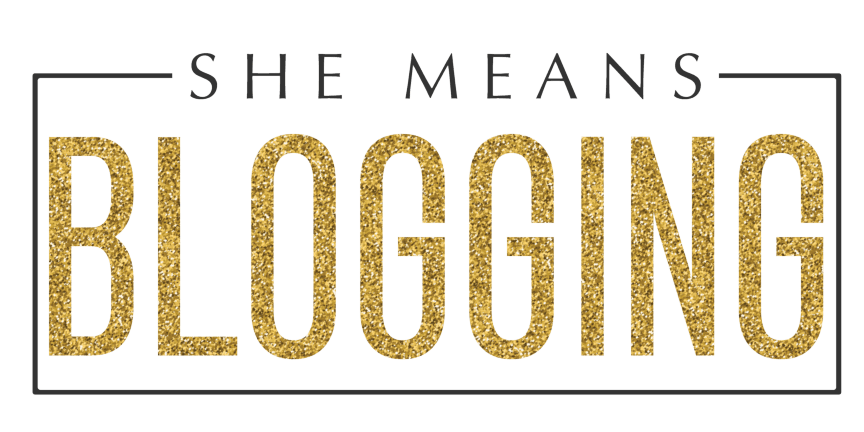Being on social media is more than just a great way for people to stay in touch with friends and loved ones.
No matter which industry you’re in, you can also use the right social networks to strengthen your relationship with your target audience.
Social media is an opportunity to show your fans what you stand for and create a more human image for your organization.
Of course, building a personal brand on social media requires some careful planning and preparation.
You need to ensure that the reputation you’re building with your social strategy attracts the right audience.

Whether you’re a professional blogger, or an eCommerce entrepreneur building your first online store, here are some top tips on where to get started with your personal brand on social media.
Affiliate Disclosure: This article contains affiliate links. If someone makes a purchase through affiliate links, I may earn a small compensation. For more, please read on to privacy policy and disclosure.
Quick navigation
5 Tips For Personal Social Media Branding
How you represent yourself on social media is now more important. Building a strong social media brand takes time, and lots of work.
But, if done right, it can help you foster new connections, clients and business opportunities.
So, what does it take to build a personal brand on social media?
1. Know Your Niche
First, success on social media means being aware that you can’t appeal to everyone. All customers and followers have different preferences.
Knowing your niche will help ensure that you can find the right solution to drive bigger returns on investment.
Your niche is what your business or professional services focus on, which might be social media marketing, email advertising, or something else entirely.
When you know your niche, you can identify the kind of social media platforms that suit your needs more easily.
For instance, you might realize that because you’re selling clothes to customers who are visually oriented, it makes more sense to have a presence on Instagram.
Alternatively, companies selling services to other businesses might stand out better on LinkedIn.
Knowing your niche will also help you gather more information about your target audience — the people who you want to interact with your personal brand.
2. Research Your Audience
Researching your audience is one of the most valuable things you can do, regardless of organization. If you don’t know which pain points and expectations drive your customers, you can’t speak their language.
Audience research is a process that takes some time.
Start by looking at the kind of customers that other people in your industry target. Think about the professionals that are most similar to you, and research their marketing and social media efforts.
You can also gather information about existing customers to build out your buyer personas.
If you’ve worked with clients in the past, ask them to fill out a quick survey about their expectations, common concerns, and other important details.
This will help you understand what people actually need from you.
Another option is to check out the trending topics in your field and see what other people in your industry are talking about, as well as what the readers are drawn to.
Look for popular topics that align with your niche so that you can show your expertise.
Related –> The Ultimate Guide To Facebook Branded Content.

3. Create a Tone and Use It Consistently
There’s more to a successful personal brand than using a certain selection of colors on every email you send or blog you publish.
Your brand isn’t just your logo or image; it also serves to provide insight into what your brand stands for.
To connect with your audience, you’ll need a tone of voice or personality that resonates with the people you want to influence.
Therefore, after examining your target audience, think about what kind of values you want to be associated with.
For instance, if you know you have a young environmentally conscious audience, how can you put across that you also care for the environment in the things you post on social media?
Will it influence which hashtags and emojis you use?
Write down a list of things that make your brand unique, from the slang words you’re willing to use, to the images and filters you’ll post on Instagram, then implement them throughout your content. You can even find relevant instagram hashtags
A consistent brand identity will help build a sense of familiarity between your audience and your brand on any platform you choose to post on.
4. Share the Right Content
Using social media as a way to showcase your personal brand is basically a way of selling yourself to other clients, collaborators, and innovators in your industry.
You’re selling the idea that you’re an expert or thought leader in your field. This means that you need to promote the right content if you want to make the sale. Learn how to use the basics of social selling to promote yourself, just as you would to promote your business.
One of the first steps of this process is producing great content, which is key to demonstrating knowledge in your field and attracting an audience.
The content you post on social media will act as evidence of the expertise you have in your industry.
Additionally, every podcast you share with another expert in your field will increase your reputation through affiliation.
Also, the videos you publish will give your followers insight into how you do things, while your blogs and case studies highlight your in-depth knowledge.
You can experiment with different types of content published at various times to see what yields the best results.
5. Engage With Your Followers
Your fans and followers will only commit to connecting with you if they perceive you as an authentic person who shares their affinities and values.
With that in mind, it’s important to show your human side as often as possible. Don’t just bombard your customers through social media.
Engage with your followers by responding to their comments with your own feedback whenever they reply to a post or video.
Also, consider reaching out to your followers every so often, with chances for them to interact with your brand through competitions, for example.
This is a great way to encourage user-generated content, for instance, if you ask followers to use a branded hashtag when sharing content related to you, or even @ you on Twitter or Instagram.
The more you engage with your followers through social media, the more they’ll see you as a real person they can relate to.
It’s also the best way to start the relationships that you need to work with influencers and collaborators who might give your voice an initial boost on your chosen channels.
Related –> 22+ Creative Instagram Story Ideas To Engage With Your Followers
Building a Personal Brand on Social Media
Social media is a powerful tool for any professional these days.
Whether you’re an entrepreneur, a service provider, a freelancer, or just someone who takes their profession seriously, a social strategy will help you connect with the right people.
Using the tips above, you can ensure that you not only take advantage of your social strategy, but use it to strengthen your relationship with followers and fans.
What are some other tips for making a strong personal brand on social media?
This is a guest post on SMB.
Author’s Bio

Ashley Wilson is a digital nomad and writer for hire, specialized in business and tech topics. In her self-care time, she practices yoga via Youtube. She has been known to reference movies in casual conversation and enjoys trying out new food. You can get in touch with Ashley via Twitter.



Leave a Reply